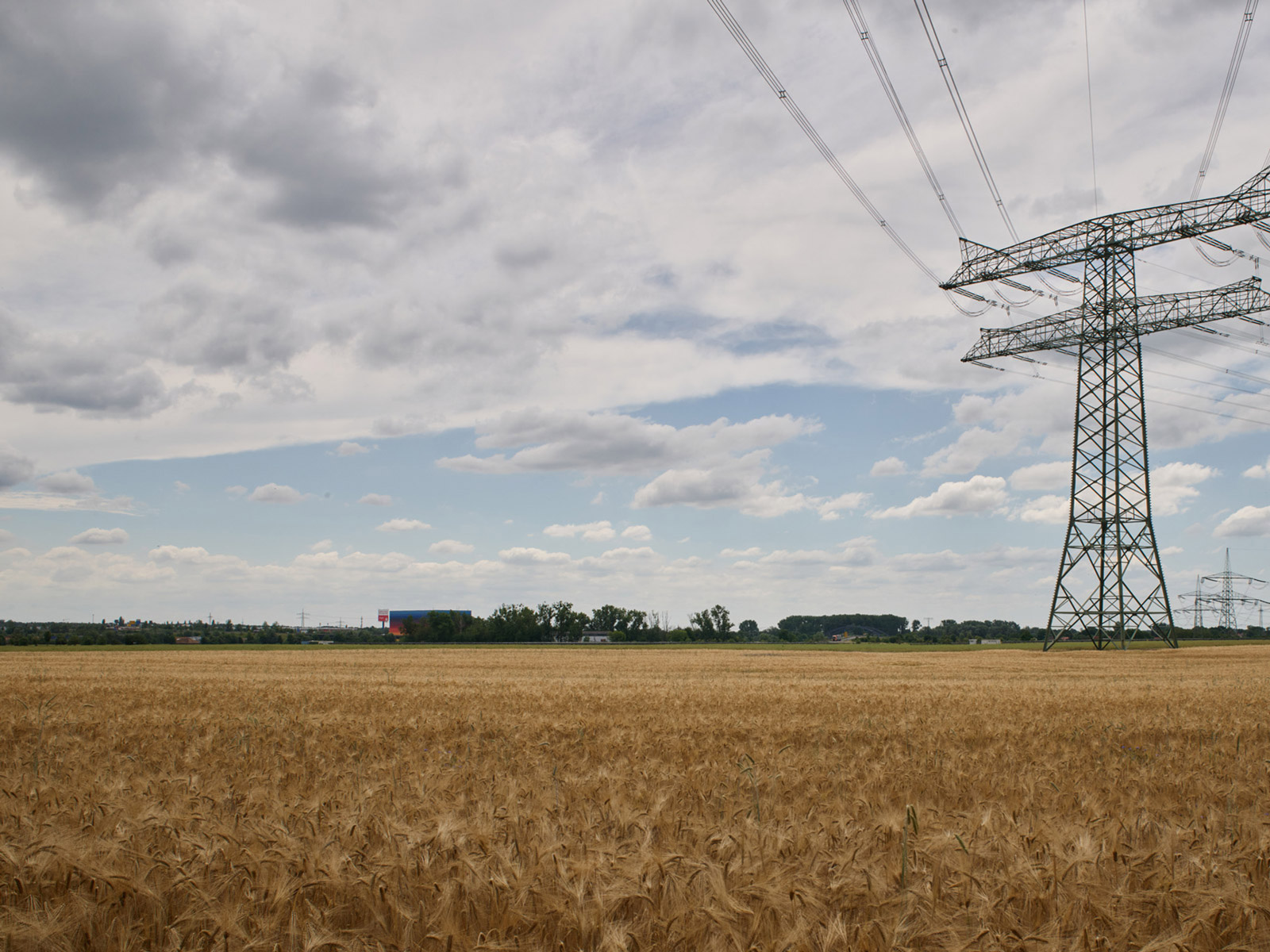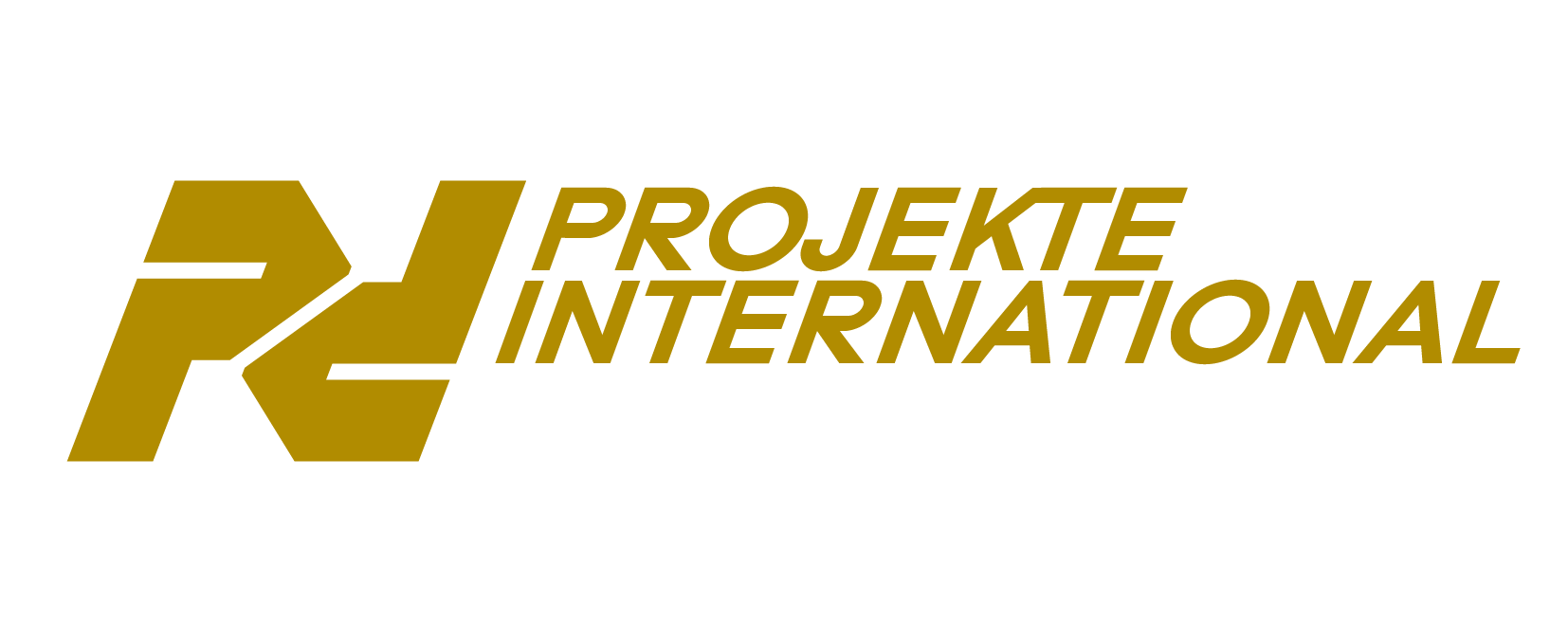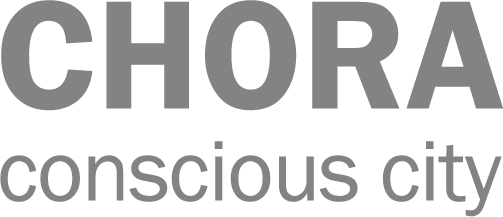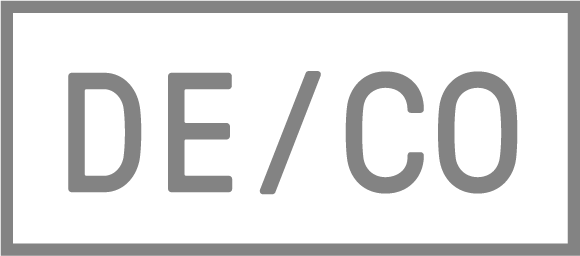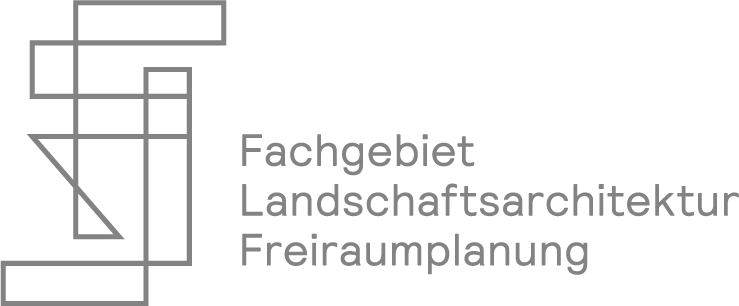MICROARTICLE #Food
Living in the Plantationocene
By: Rosa Pintos Hanhausen
MICROARTICLE Food
Wissensstadt Berlin 2021
Published on June 26, 2021
The Plantationocene, defined by Donna Harraway and Anna Tsing as the fundamental revolutionary transformation in the unequal and patchy, but global ways, of the plantation as an apparatus of natural social redoing of worlds[1], is also a way of looking at the planetary effects of extractivism, monoculture practices, and coercive labor structures that paved since the 1600s the ideals of progress and modernity that would boom after the Industrial Revolution, and are largely responsible for increasing social inequality and triggering—as well as accelerating—climate change.
This apparatus is characterized by a logic of radical simplification of all actors, and scalability or the replication of a single blueprint or ideotype. Organized in a grid, it uses infrastructures to further enable the capitalist empire and colonize not only humans, but animals, plants and space; thus, threatening biodiversity in areas that would normally be full of life, and ironically making cities a better refuge for certain species.
In a world with over 40% of land destined to agriculture[2], and with a growing population that may require more of it, the need of a food system that incorporates other-than-humans in the equation has never been more evident.
[1] Haraway, D. ; Tsing, A. (2019) Unblocking Attachment Sites for Living in the Plantationocene. Center for 21st Century Studies (UW-Milwaukee). Accessed 22.06.2021 https://www.youtube.com/watch?v=wbQmtPI25lI
[2] (2020) Land use in agriculture by the numbers. FAO. Accessed 22.06.2021 http://www.fao.org/sustainability/news/detail/en/c/1274219/
BB2040
[EN] Berlin Brandenburg 2040 was initiated by the Habitat Unit in cooperation with Projekte International and provides an open stage and platform for multiple contributions of departments and students of the Technical University Berlin and beyond. The project is funded by the Robert Bosch Foundation.
[DE] Berlin Brandenburg 2040 wurde initiiert von der Habitat Unit in Kooperation mit Projekte International und bietet eine offene Plattform für Beiträge von Fachgebieten und Studierenden der Technischen Universität Berlin und darüberhinaus. Das Projekt wird von der Robert Bosch Stiftung gefördert.
